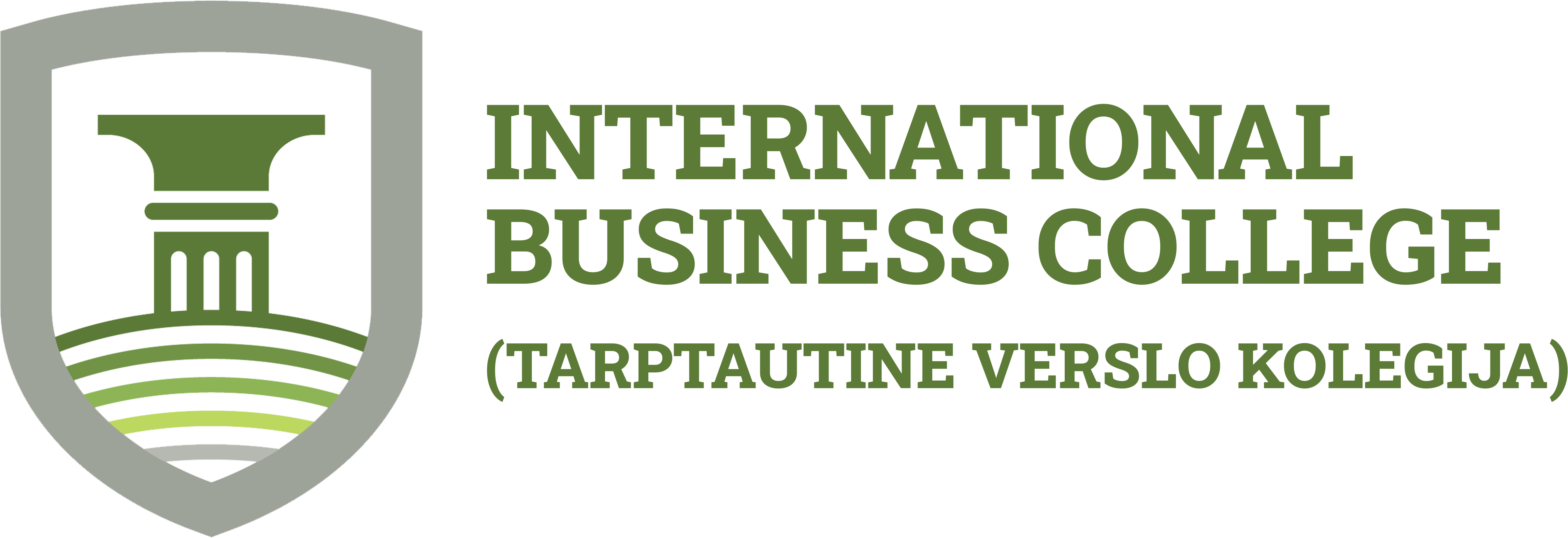Accounting
Course Structure
You will enhance the skills as you learn to produce limited company’s financial statements, deal with complex management accounting techniques, and deal with internal controls required for a business. You will also have the choice of learning about business and personal tax, auditing, cash and financial management, or debt management.
Compulsory Units:
Unit 1: Drafting and Interpreting of Financial Statements (DAIF)
You’ll learn about drafting financial statements for single entities and relevant accounting standards and the consolidation of limited companies. You will also gain the skills to interpret the financial statements of limited companies, using ratio analysis.
Unit 2: Applied Management Accounting (AMAC)
You’ll learn how to implement organisational planning processes in an organisation, use internal processes to enhance operational control, and techniques to decide on short-term and long-term decision making.
Unit 3: Internal Accounting Systems and Controls (INAC)
You’ll demonstrate your understanding by evaluating internal controls and accounting systems within an organisation, and make recommendations to any weaknesses you find. You will also learn how technology can impact accounting systems and the roles and responsibilities of the accounting function within an organisation.
Optional units – choose two:
Unit 4: Business Tax (BNTA)
You’ll learn how to prepare tax computations for sole traders, partnerships, limited companies and for the sale of capital assets by limited companies. You will also understand the administrative requirements of UK tax law, the implications of errors, late filing of tax returns, and business disposal in an ethical manner.
Unit 5: Personal Tax (PNTA)
You’ll learn about the principles, rules and implications that underpin the taxation systems and inheritance tax. You will also learn how to calculate taxpayers’ total income, income tax, NI, and capital gains tax.
Unit 6: Audit and Assurance (AUDT)
You’ll gain an understanding about audit and the assurance framework and the importance of professional ethics. You will also learn how to conduct an external audit which includes planning and obtaining sufficient and appropriate evidence.
Unit 7: Cash and Financial Management (CSFT)
You’ll learn how to prepare forecasts for cash receipts and payments, cash budgets and monitor cash flows. You’ll gain the practical skills for taking appropriate action to maximise the wealth of a business when they have shortfalls or surpluses in their cash budget.
Unit 8: Credit and Debt Management (CRDM)
You’ll learn the techniques to assess credit risks, grant credit, how to collect debt from customers, and the principles of effective credit control in an organisation. You will also learn about the relevant legislation, contract law, and ethical principles within a credit control environment.
Subject assessment: computer-based exam
